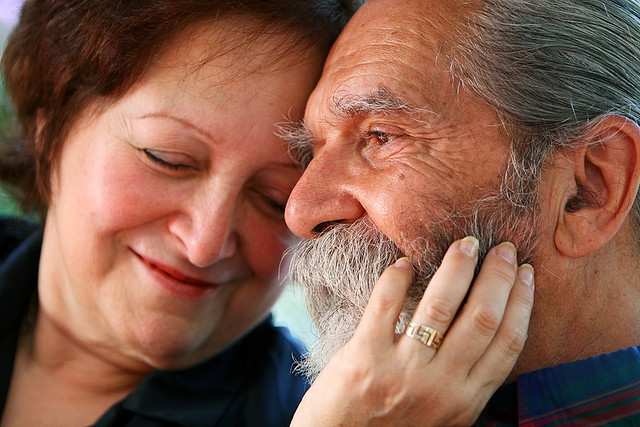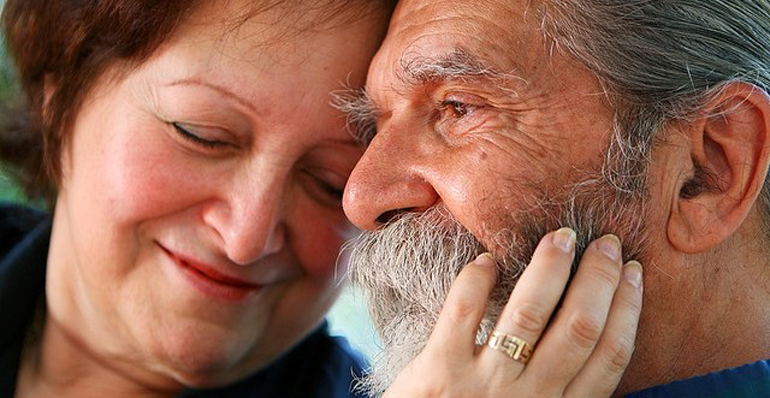Supporting Your Loved One after Diagnosis

Whenever a loved one is diagnosed with a terminal or even chronic condition, it can create stress for both the patient and the family members. Along with emotional processing, patients are also faced with a number of physical changes that can greatly impact the quality of life. Loved ones and family members can often feel lost and uncertain of how to provide the best support for the patient over the course of the illness, but these feelings can often become unproductive, especially when offering patient support.
Like Pharmacy Patient Advocacy Network on Facebook!
In order to be of the best service to a patient after diagnosis, loved ones will need to evaluate their own feelings and motivations before deciding on a course of action as to the role they will play. This decision can change over time, but open communication between the patient and the loved one will be integral to continued positive support. Care decisions in the early stages of an illness can often be made without full knowledge of responsibilities, and this can become problematic.
Caretaking and Care Giving
A number of loved ones will immediately want to jump into the role of caretaking, as they often feel that this will allow them to give the most assistance to the patient. However, this role can frequently become overwhelming, especially if the caretaker is still trying to maintain employment and other daily routines. Before fully accepting the role of caretaker, loved ones will want to consider the emotional and physical tasks that will be asked of them and also acknowledge that this is a full time role.
Along with physical accommodations, caretaking loved ones will also need to take on much of the emotional processing that the patient is undergoing. This will often leave very little energy for addressing personal feelings about the situation and this aspect can quickly lead to heightened stress, burnout, and exhaustion. Individuals will also need to realize that this scenario can mean that less support is actually offered to the patient, since the loved one is less able to take care of themselves.
It can be very important for people to recognize that care giving can be a more accommodating role that also offers the patient better support. The difference in focus is that care giving is generally considered more nurturing and emotionally present, while care taking can be purely functional. Along with physical assistance, patients will be relying on their loved one to offer the emotion based encouragement and fortitude that is required for proper coping.
Loved ones can be a caretaker and care giver at the same time, but they also need to have an awareness of what this role means. People should also make certain that the patient is comfortable with a loved one taking on this position, as some patients prefer to have healthcare aides for these tasks, while they rely on loved ones for the emotional and moral support. All decisions regarding care should be discussed with the patient, as this type of validation can be one of the greatest supportive tasks of care giving.
Education and Organization
One of the greatest forms of support that a loved one can offer the patient is understanding. This is often bolstered through gaining education and insight about the disease and treatments that the patient is experiencing. By learning more about the condition and the therapy, loved ones are also able to offer insights, suggestions, and act as a mediator with medical staff. The greater understanding of the disease and the physical experience that the patient is having can also let loved ones connect on a deeper level.
From a practical standpoint, this type of education can also give the loved one a better sense of different areas where physical help and emotional support are required. This may include engaging in daily tasks of caretaking, but the improved knowledge of the course of the condition can also let loved ones make an appropriate decision. The expanded information on what lies ahead can also give the patient greater support when it comes to making decisions regarding treatment and healthcare, and shows that loved ones are engaged with the situation.
This knowledge can also help loved ones recognize their motivation behind actions, which can also lead to a better type of support for the patient. It is very common for loved ones to take on responsibilities and tasks because this helps them to feel better, although it does not actually help the patient. By having a better perspective of actual patient needs, loved ones are able to give the aid that is needed.
Communication for Greater Good
Perhaps one of the best ways to support a patient is through asking questions. This can include queries about general needs, such as assistance in moving around, eating, bathing, or attending to household chores. This can also include asking about emotional support, and the dialogue allows the patient to state their needs, while the loved one can clarify these requests. As the patient processes feelings of lack of control, having loved ones validate these personal requests can be an ideally supportive action.
Along with asking questions about the support that the patient needs, loved ones should also make a point of actually listening and honoring the answers. This can be one of the harder aspects of offering support, since it can often involve a difference in perception. There may be a number of tasks that the patient struggles through to complete, but that they also still take pleasure in performing. Loved ones can be quick to interpret this type of scenario as one where help is required, when in actuality, the best support they can offer the patient is to allow them to function within their own parameters.
Open communication and listening can also be helpful in times of emotional need. This can as much include not discussing the patient’s condition as it can mean facilitating acceptance of realities about the situation. This means that along with following the patient’s guidance, loved ones can also be supportive by simply making it clear that no matter what is required, they are present and engaged to offer aid.





